
There needs to be a mechanism to warn vulnerable internet users.
The National Assembly deputies agreed with the necessity of promulgating the Law on Cyber Security on the basis of consolidating the contents of the 2018 Law on Cyber Security and the 2015 Law on Network Information Security. At the same time, they acknowledged that the drafting agency has thoroughly grasped and implemented the instructions on innovation in thinking in law-making; at the same time, supplemented many regulations to meet the requirements of science and technology development, digital transformation; contributing to reducing administrative procedures.
A new point of the draft Law on Cyber Security is the addition of regulations on ensuring data security. Agreeing with this, National Assembly Deputy Tran Dinh Chung (Da Nang) said that data is currently considered the core of the digital transformation process. Without data, it is impossible to implement e-Government, provide online public services, as well as build a digital economy and digital society.
“With the remarkable development of science and technology, along with the unique characteristics of electronic data, security data must be managed and cannot be separated from network security,” the delegate emphasized.

Delegates also appreciated that Clause 5, Article 55 of the draft Law added the provision that "enterprises providing services on cyberspace are responsible for identifying the internet address (IP address) of organizations and individuals using internet services to provide to the specialized force for network security protection for management to serve the work of ensuring network security".
Because, in practice, there is a situation where some network providers providing services on cyberspace have not coordinated closely and promptly with the authorities. There are cases where it is necessary to request to grasp the IP address immediately, within 1 or 2 days, but the slow cooperation of businesses leads to difficulties in investigating, tracing and handling.
In addition, National Assembly Delegate Dang Thi Bao Trinh (Da Nang) said that the regulations on management of sending information online in Article 28 of the draft Law have not clarified the responsibilities of service providers. In practice, many businesses providing social networking and e-commerce platforms are having difficulty determining what “commercial information” is and what their management obligations are.
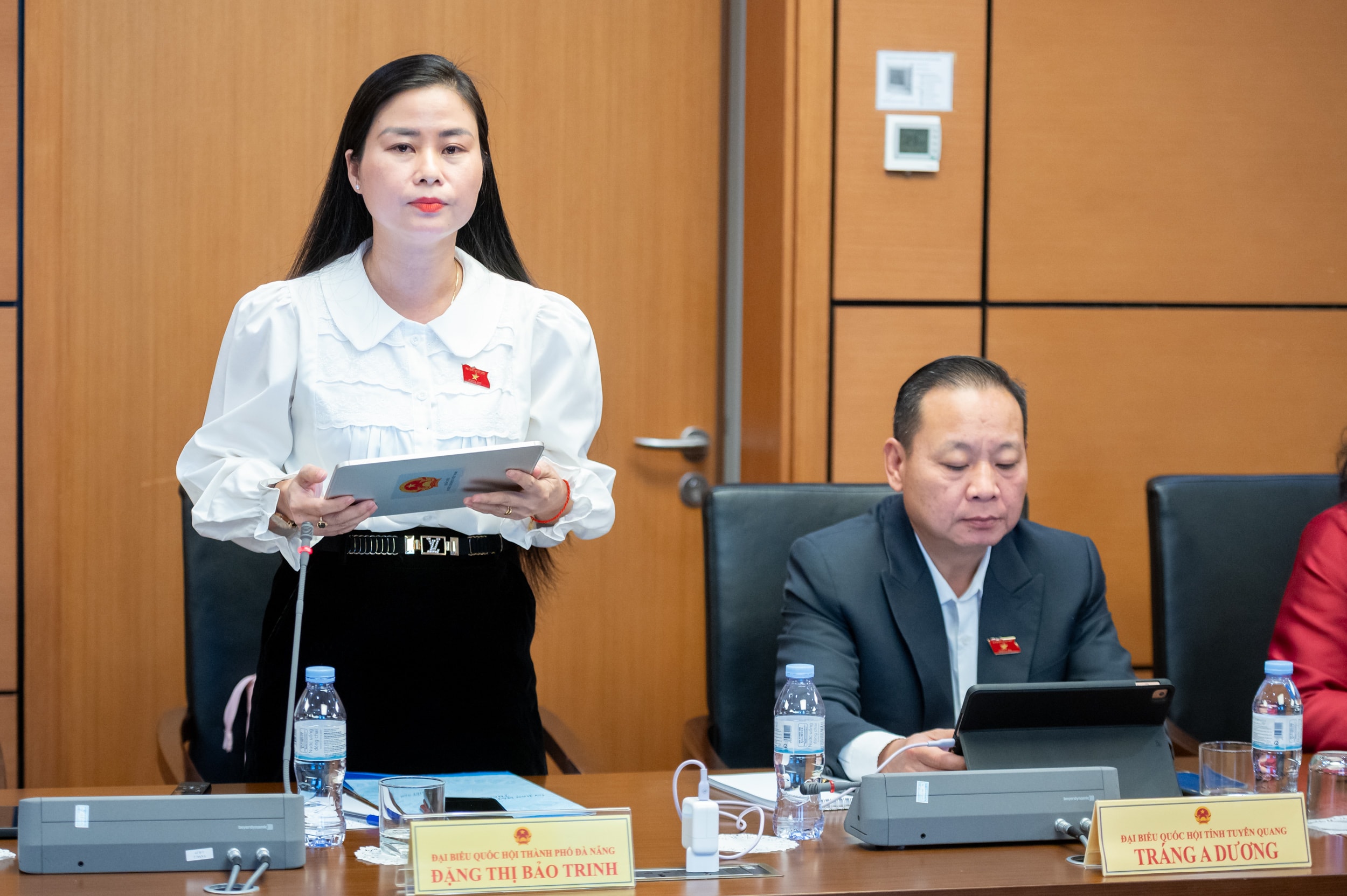
Noting that the parallel application of many laws could lead to a situation of “one action – many management agencies”, delegate Dang Thi Bao Trinh suggested that the scope of regulation of Article 28 should only be limited to information that risks violating national security and social order and safety and not regulate normal commercial communication activities. At the same time, an explanation of the term “commercial information” should be added to ensure consistency in application.
Delegates also appreciated the fact that the draft Law on Cyber Security focused on protecting children (adding Article 20 regulating the prevention and control of child abuse in cyberspace).
However, according to National Assembly Delegate Ma Thi Thuy (Tuyen Quang), if we only stop at children, it is not enough. In the context of increasingly sophisticated cybercrime and high-tech fraud, many other vulnerable groups are also being seriously harmed in the online environment.
“In reality, the elderly, people with disabilities, women, ethnic minorities, or people in difficult circumstances with limited digital skills are all vulnerable to exploitation, fraud, or personal data infringement. Behaviors such as impersonation, account hijacking, fraud via social networks, e-wallets, or text messages are very common, causing both material and mental damage.”
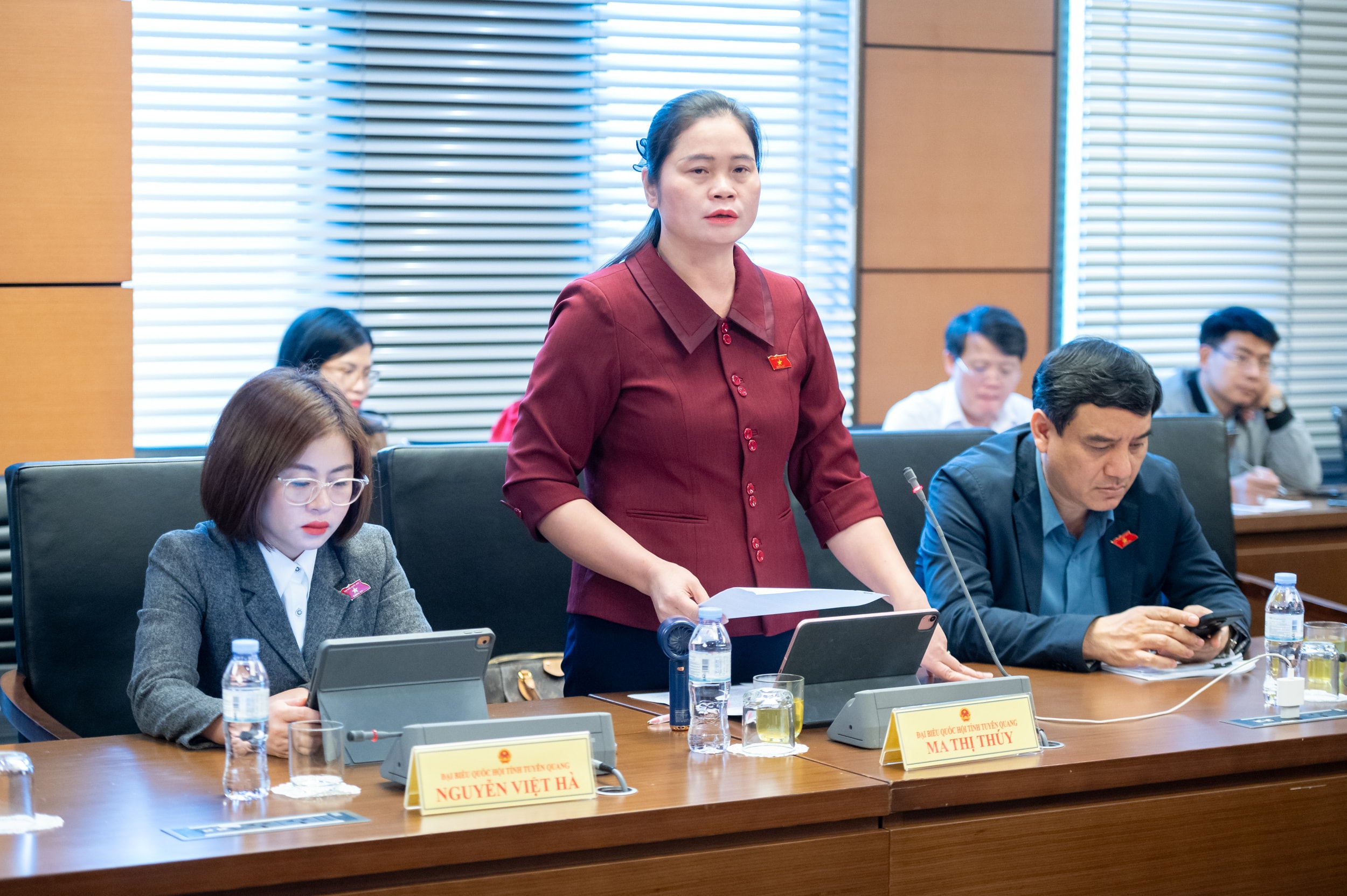
Emphasizing this reality, delegate Ma Thi Thuy suggested that, in addition to protecting children, Chapter III of the draft Law should expand the scope of protection to other vulnerable groups in society. Accordingly, it is clearly stipulated that the State, organizations, businesses and individuals are responsible for protecting children and other vulnerable groups such as the elderly, people with disabilities, women, ethnic minorities, and people in particularly difficult circumstances from acts of abuse, fraud, insult to honor, dignity, or violation of personal data in cyberspace.
In addition, it is necessary to add regulations requiring businesses providing social networking platforms to build a mechanism to identify, warn and provide timely support to vulnerable users when they are attacked, abused or threatened online.
“Adding this content not only helps the Law to be more comprehensive, humane and practical, but also fits the policy of “leaving no one behind” in digital transformation, ensuring safety for all people in cyberspace,” delegate Ma Thi Thuy emphasized.
To ensure consistency in the management and implementation of cyber security tasks in the current period of rapid and complex development of science and technology, National Assembly Deputy Be Minh Duc (Cao Bang) also proposed that the drafting agency review and supplement the role and responsibility of the Ministry of National Defense in the management of network information and national security. Specifically, in Clause 2 and Clause 3 of Article 15, it is proposed to replace and supplement the phrase "military information system" with the phrase "important information system on national security under the management of the Ministry of National Defense". At the same time, adjust Clause 5, Article 18, Clause 4, Article 22, Clause 5, Article 23, Article 24 to match the management role and responsibility of the Ministry of National Defense.
Source: https://daibieunhandan.vn/can-bao-ve-cac-nhom-yeu-the-khac-tren-khong-gian-mang-10393860.html




![[Photo] Ho Chi Minh City Youth Take Action for a Cleaner Environment](https://vphoto.vietnam.vn/thumb/1200x675/vietnam/resource/IMAGE/2025/11/04/1762233574890_550816358-1108586934787014-6430522970717297480-n-1-jpg.webp)
![[Photo] Comrade Nguyen Duy Ngoc holds the position of Secretary of the Hanoi Party Committee](https://vphoto.vietnam.vn/thumb/1200x675/vietnam/resource/IMAGE/2025/11/04/1762234472658_a1-bnd-5518-8538-jpg.webp)
![[Photo] Government holds a special meeting on 8 decrees related to the International Financial Center in Vietnam](https://vphoto.vietnam.vn/thumb/1200x675/vietnam/resource/IMAGE/2025/11/04/1762229370189_dsc-9764-jpg.webp)
![[Photo] Ca Mau "struggling" to cope with the highest tide of the year, forecast to exceed alert level 3](https://vphoto.vietnam.vn/thumb/1200x675/vietnam/resource/IMAGE/2025/11/04/1762235371445_ndo_br_trieu-cuong-2-6486-jpg.webp)













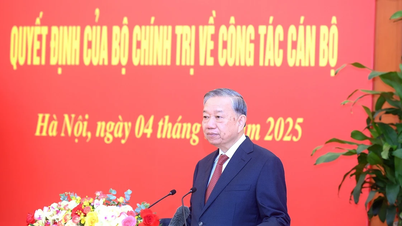

![[Video] Amending the Law on Personal Income Tax: clear, transparent, creating social consensus](https://vphoto.vietnam.vn/thumb/402x226/vietnam/resource/IMAGE/2025/11/04/1762233278662_3-oke-8068-png.webp)
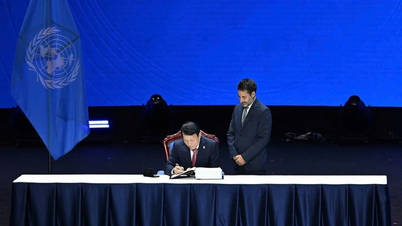
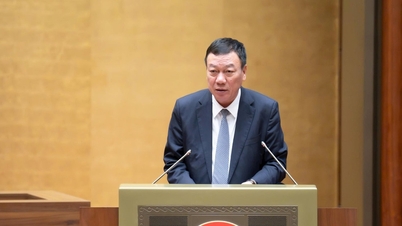
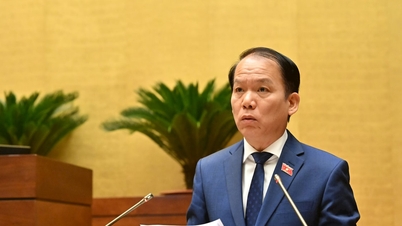





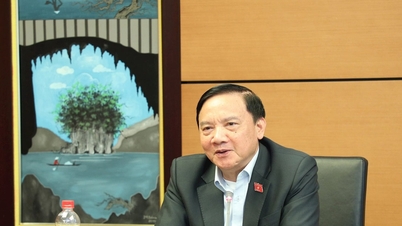
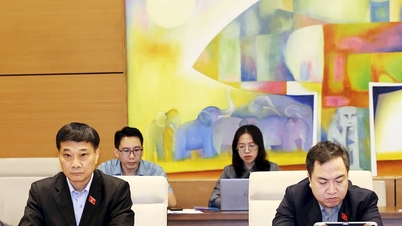
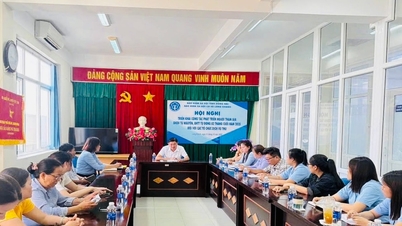
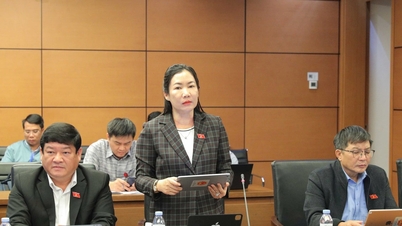

![[Photo] The road connecting Dong Nai with Ho Chi Minh City is still unfinished after 5 years of construction.](https://vphoto.vietnam.vn/thumb/1200x675/vietnam/resource/IMAGE/2025/11/04/1762241675985_ndo_br_dji-20251104104418-0635-d-resize-1295-jpg.webp)













































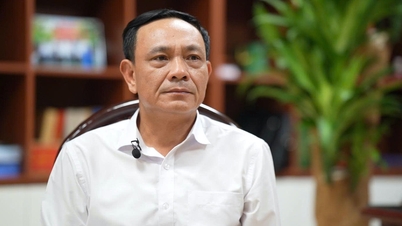



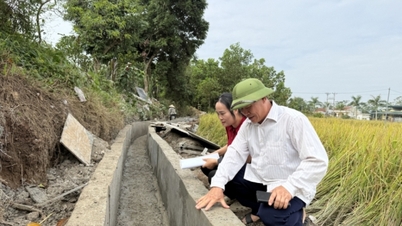







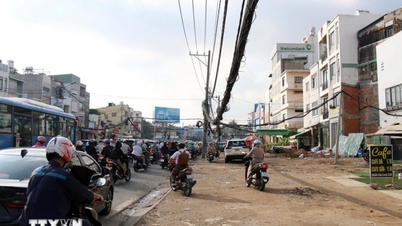













Comment (0)